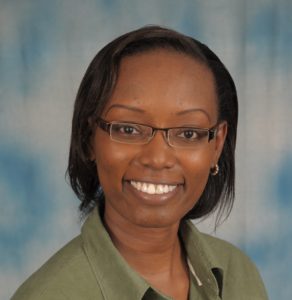
Njambi Njuguna is a medical doctor with over 10 years’ experience in public health. She holds two postgraduate degrees – a Master of Science in public health (MSc. Public Health) and a Master of Public health in Global health. Njambi has over 7 years’ experience in the field of HIV and has been involved in several multi-site, multi-country phase III HIV prevention clinical trials, demonstration projects and other ancillary studies within Kenya. She has expertise in HIV prevention interventions among young women, adolescents and key populations (KP). Currently, Dr. Njunga is working as a senior technical advisor (clinical services) for FHI 360 in a USAID-funded project, Linkages Across the Continuum of HIV Services for Key Populations Affected by HIV (LINKAGES), conducting a range of activities to reduce HIV transmission among key populations (KP) — sex workers, men who have sex with men, and people who inject drugs — and improve their enrollment and retention in care and treatment across the HIV cascade. The project is currently reaching more than 70,000 KP members across 16 counties in Kenya.
What led you to pursue a career in health?
I joined a research organization focusing on HIV prevention clinical trials in October 2011 and was very eager to learn how to conduct research on infectious diseases. At the time, we were working on investigating whether using antiretroviral drugs on HIV uninfected persons in HIV discordant relationships would prevent them from acquiring HIV from their partners. However, I began to notice that HIV disproportionately affected young women and that though many interventions existed to encourage them to test for HIV, many young women failed to perceive their risk and engaged in high-risk behaviour. I developed a concept of using text messages, a simple low-cost and widely popular method of communication among young people, to let young women know about their HIV risk and encourage them to get tested. I submitted this concept to Grand Challenges Canada and was competitively awarded a $100,000 grant to achieve proof of concept in a study of 600 young women in Kenya. Findings from this study demonstrated that young women, aged 18-24 years old, who received our text messages were 57% more likely to test for HIV compared to those not receiving messages.
In 2014, I competitively applied for and won a scholarship through the International AIDS Training and Research program (IARTP), a program funded by the Fogarty International Center of the National Institutes of Health in the USA. Through this scholarship, I enrolled for a Masters in Public Health and PhD in Implementation Science in a joint program administered by the University of Washington and University of Nairobi. I am currently working on my PhD which is examining how to improve the efficiency of delivering antiretroviral drugs to HIV infected individuals accessing care in public health facilities.
What do you wish you had done differently?
I wish I had identified mentors earlier in my career. When I graduated medical school, I knew I wanted to make a difference particularly in the lives of women but was unsure of how to do this. Though my experiences to date have shaped who I am, I spent quite a bit of time trying to determine where I best fit in. I was only able to get clarity and focus when I met my mentors who have been instrumental in guiding my career.
What are some of the biggest challenges you have faced? How did you overcome them? What are some of the lessons learnt?
Transitioning from a purely research background to working on a program implementing comprehensive HIV interventions for key populations was not easy. Research is designed to be very detail oriented and rigid, following set out protocols whereas program implementation is more fluid to adapt to the changing environments in the real world. I had to quickly learn to adapt interventions and approaches that I had been using in the research field and deliver them to program recipients in a manner that they found acceptable.
What are some of the opportunities you see for women in health on the African continent?
The opportunities for women in health are vast. Women, particularly young women, are disproportionately affected by most of the health challenges in Africa – infectious diseases, nutritional deficiencies, maternal and child diseases, and many more. I believe it is time that women take on leadership roles to find solutions to these challenges.
What advice do you have for other women in health?
Many times we think that solutions to our problems will come from external sources but often the solutions lie within us. We know what ails our communities and we are best placed to determine how to tackle these issues. Find good mentors to help steer you in your career and do not let anyone hold you back from realizing your dreams.

Leave a Reply